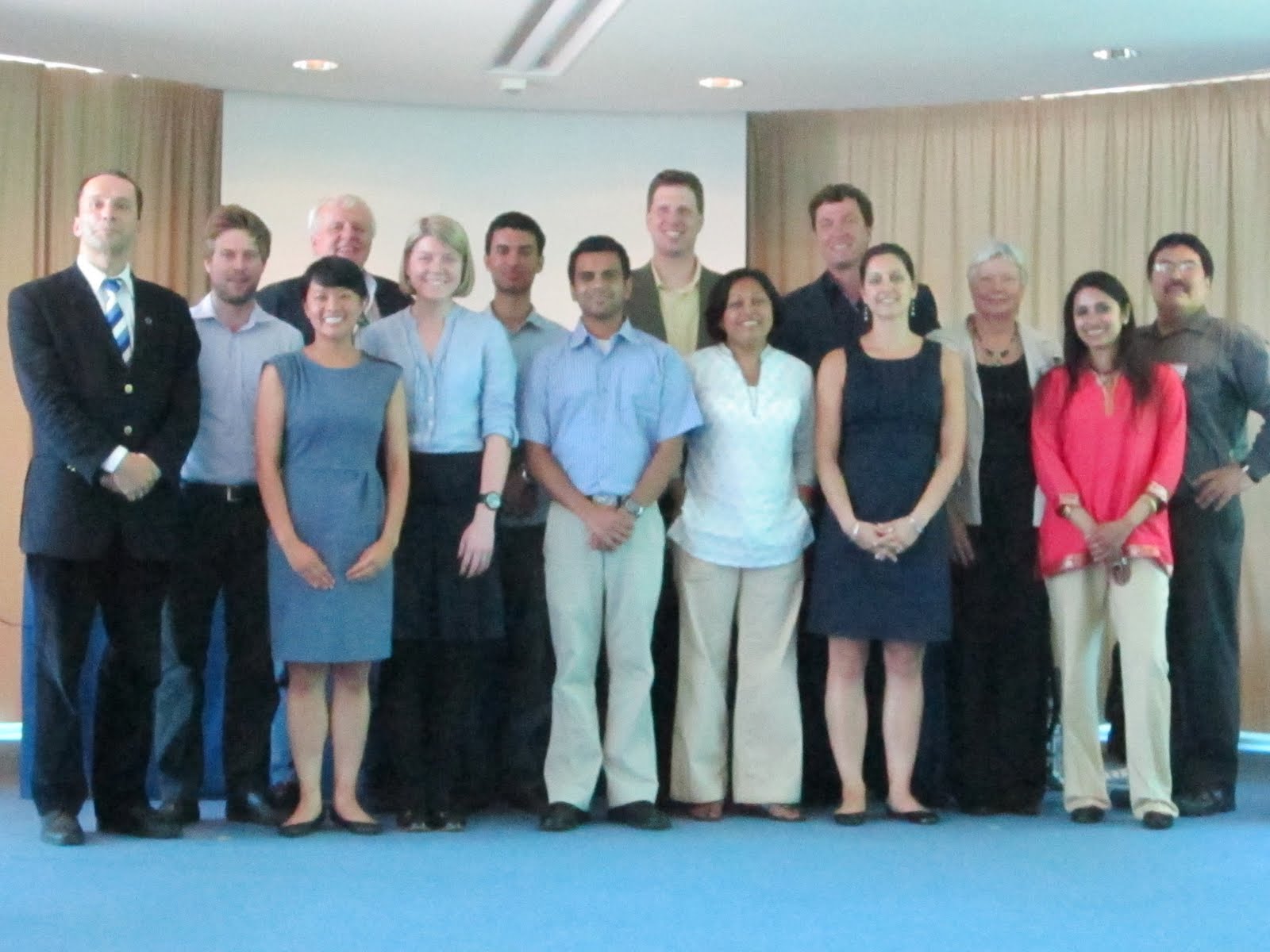
Preventing torture and preventing genocide are more related than one might think on first impression. In fact, holistically, they are part of the same broader mission: justice. This lesson was waiting for three IBJ interns—Kari Gerber, Yen Phan, and Sanket Mistry—on June 27 when they attended the first of a three day seminar on Preventing and Responding to Genocide and Mass Atrocities, hosted jointly by the United Nations Office of the Special Adviser on the Prevention of Genocide and the Geneva Center for Security Policy in Geneva, Switzerland.
The first day the interns were ‘introduced’ to genocide. Invented by Raphael Lemkin in 1943, Geno meaning race, a group, etc .,and -Cide meaning killing or destruction, was adopted by the UN, upon lobbying the UN by Lemkin himself, on almost a daily to describe the Holocaust as a genocide. With the definition getting refined and different perspectives were brought forward, which included artists, poets, writers, and civil societies, the interns were soon introduced to the strategy for prevention: Responsibility to Protect (R2P).
As the seminar continued the following day, the interns had the opportunity to interact more in breakout sessions. IBJ interns—Yen Phan and Sanket Mistry—engaged the topic by bringing home what they do at IBJ related to Vietnam and India, respectively, and what IBJ does more broadly with what the interns were learning about genocide, mass atrocities, and R2P. As other members of the breakout sessions weighed in on what their organizations were doing, it become quite clear the importance justice was playing in everyone’s niche.
Without justice there could be no human rights. Justice is the mechanism civil society uses to deal with murder and protecting its citizens. The police, judges, and lawyers all play critical roles in this justice system. This forms the base of civil society. R2P and IBJ target the bottom-up approach that targets these critical roles. These were the driving points of the next day of the seminar.
On June 29, the program concluded with a lunch-time panel which included Navanethem “Navi” Pillay, the United Nations High Commissioner for Human Rights, and Dr. Francis M. Deng, Special Adviser for the Prevention of Genocide.
Pillay spoke about the importance of preventing genocide and mass atrocities while commenting on the current situations in North Africa and the Middle East. She laid out the three pillars of R2P: 1) the responsibility of nations to adopt to protect; 2) the need for international assistance and capacity building; and 3) timely responses as a mechanism. Pillay talked about the importance of the police and justice systems, and how their training should include human rights. As the first line of accountability, when the justice systems fail, the next mechanism must be international mechanism, but only as a last resort. R2P does not just happen.
Echoing Pillay, Deng commented that actually divided societies make the division a source of conflict. Identity conflicts lead to genocide. He also noted that R2P is not legal, but a political concept.
On the whole the interns gained a broader perspective of what justice means and how their work relates to preventing genocide and mass atrocities. As the interns continue their work for IBJ, their contributions will come with a broader perspective and commitment to justice.


